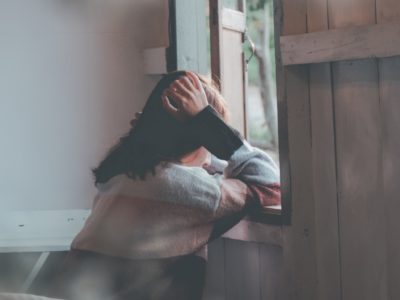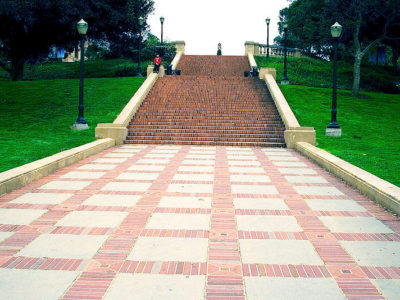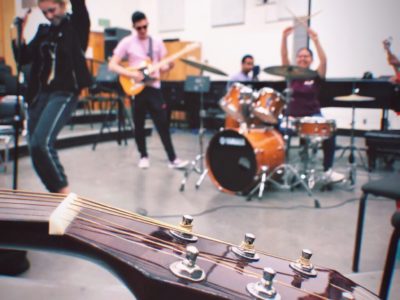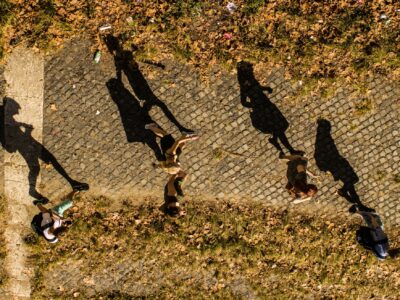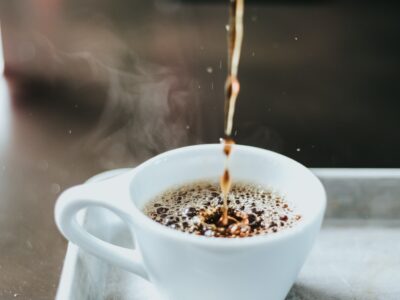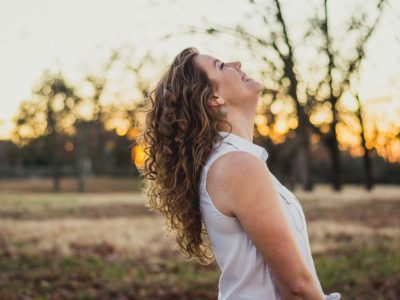Mental health became a hot topic in those early months of quarantine. Pandemic depression had essentially snowballed into a worldwide phenomenon. So much so that some SSRI’s went out of stock at drugstores.
And like every college student, my pandemic-induced depression reminded me that I had other, older mental health issues that I swept under the rug.
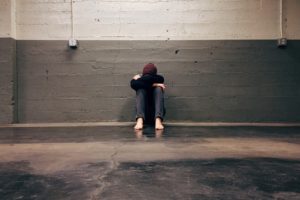
I hadn’t ever thought about getting a diagnosis, getting accommodations or anything of the sort. It would not prove worth the hassle, I told myself. The idea of it loomed over me like an untouchable figment of my imagination. I always had classes. Always. How could I ever fit in a psychologist’s appointment?
Sure, I had gone through college therapists like hot Cheetos. But for whatever reason, I could never get a referral to see a psychologist. Something always stood in the way. First, it had been my lack of driver’s license, and then my hectic UCLA schedule always pushing me to do things besides making an appointment at the nearest Kaiser Permanente.
A couple of things tipped me over the edge.

Mainly Venmo-stalking which I do not recommend. Pretty soon I found out too many things about too many people that I didn’t want to know and it dampened my ability to focus on necessary tasks. Every day seemed the same: cope with self-isolation, do nothing but watch Tik-Toks for literally ten hours a day and turn in homework late or not at all. I realized that I hated my coping mechanisms and decided to restart my therapy journey. With Zoom calls this would prove a cinch right?
Turns out, actually tackling my problems seemed to take considerably more energy than just venting as I usually did. I talked about my toxic past, my skin-picking disorder, how I couldn’t handle Zoom. We made a game plan which I immediately abandoned. I felt like I disappointed my therapist when I kept admitting that I’d relapsed with my skin picking addiction. Scabs and sores kept appearing on my skin. Bleeding unexpectedly. Getting aches and pains from the wounds that I kept reopening. She eventually referred me to a psychiatrist who prescribed me Zoloft. Hope came to me in a new form.
I found myself being clean for a whole week. Not a single skin pick. No more bloody fingernails for me. But Zoloft took a toll on my body. I tried to mitigate the side effects by taking it irregularly… which obviously backfired. My nausea only increased when I took it. I’d wake up in the middle of the night wanting to puke.
Still wanting to prove to my therapist that I hadn’t given up on my mental health, I did the last thing I could think of doing: filing for learning accommodations. Everything else had failed but my turmoil with the bureaucracy paid off.
As far as therapy goes, I haven’t seen her since our last session months ago, when the pandemic had first started.

I still pick at my skin but I avoid thinking about the negatives of the situation. Many of the things I had complained about to her no longer seem like issues anymore.
I have a full-time job, friends, and decent grades. Having said that, I do lack certainty about the permanence of these changes. I’m not even sure if I have the pandemic to thank for my willingness to improve my mental health. But I want for those in similar situations to know that, as cheesy as it sounds, recovery will hardly follow a linear path. But it will be a path worth following.

